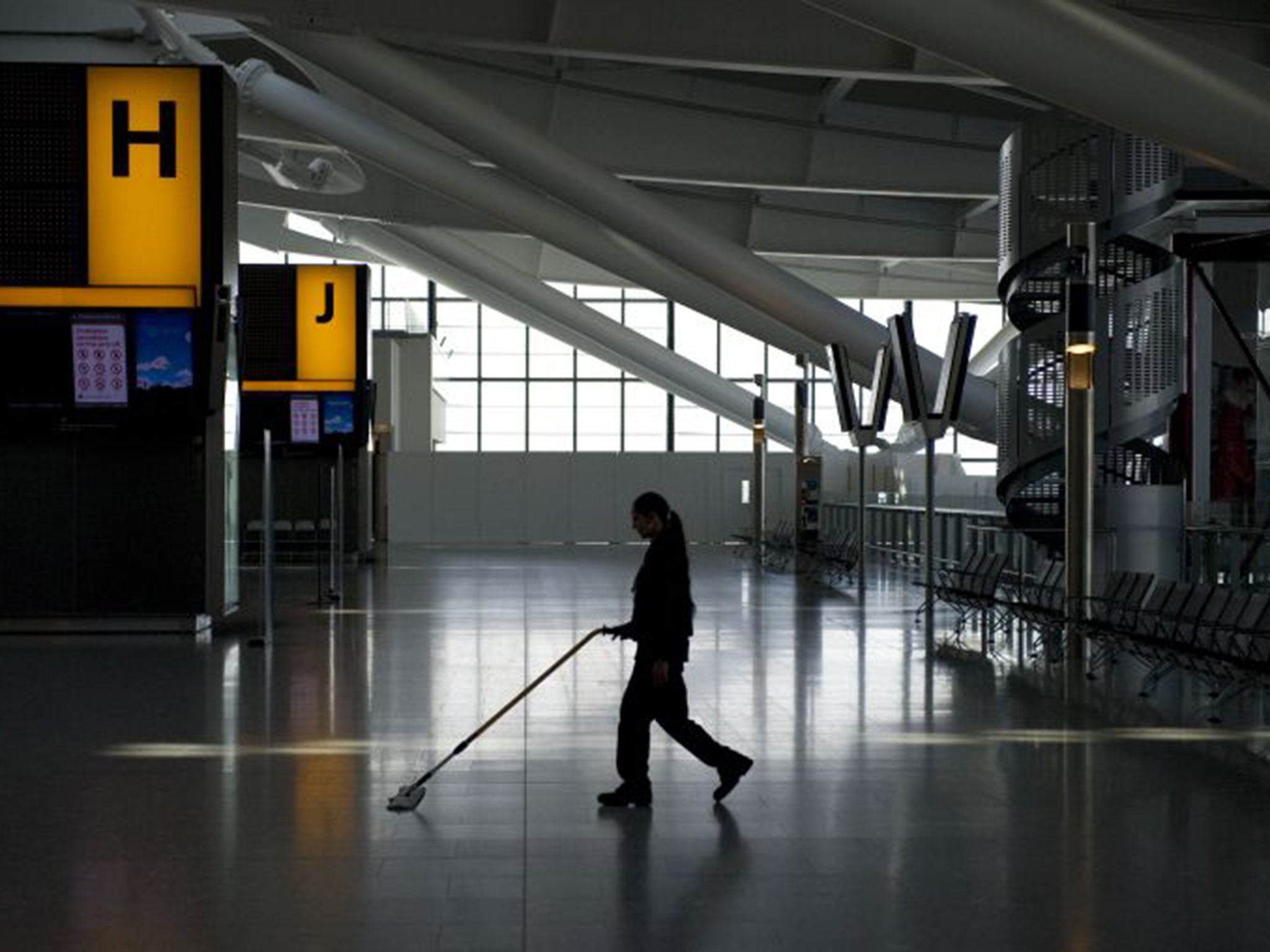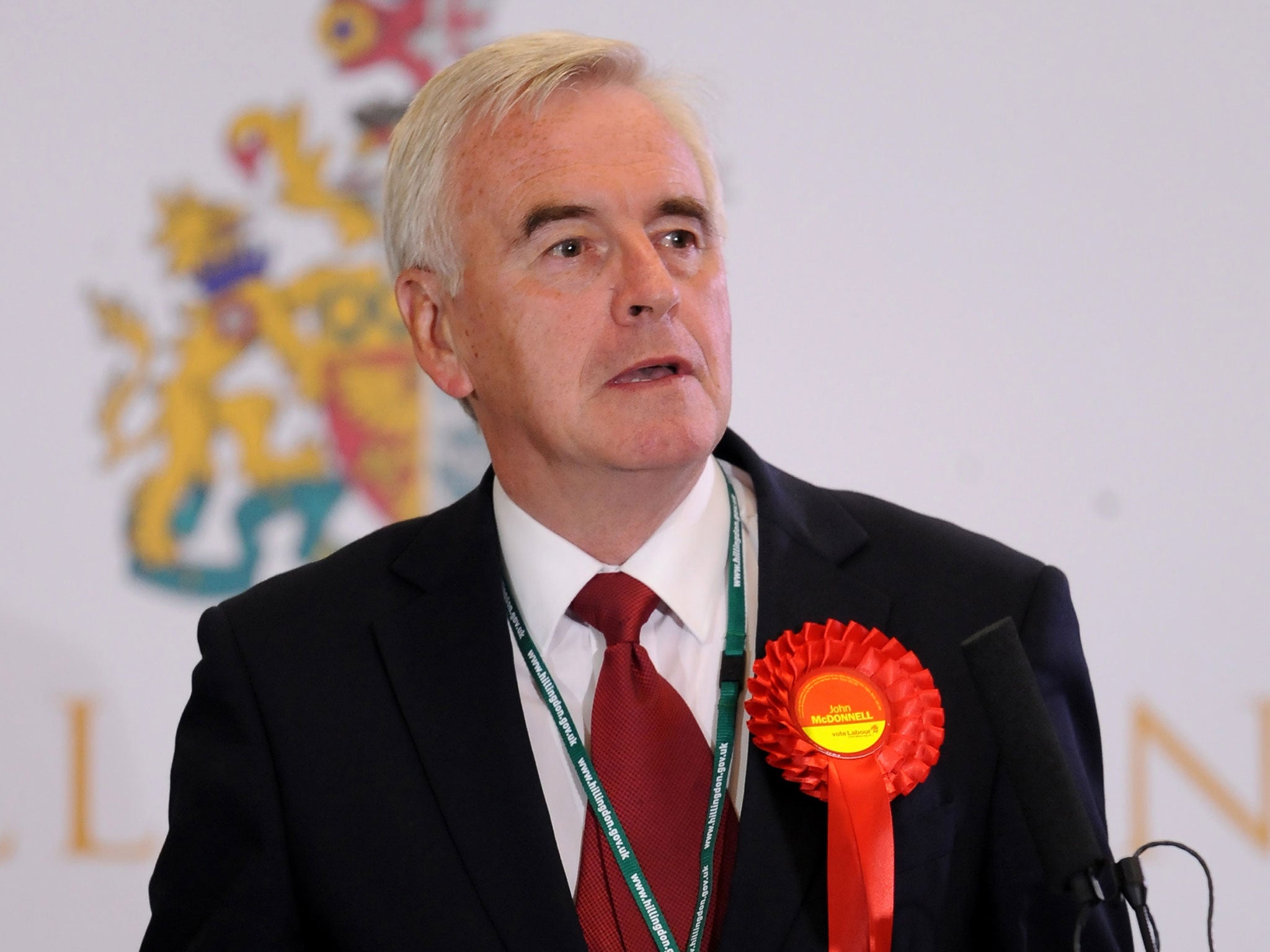Your support helps us to tell the story
From reproductive rights to climate change to Big Tech, The Independent is on the ground when the story is developing. Whether it's investigating the financials of Elon Musk's pro-Trump PAC or producing our latest documentary, 'The A Word', which shines a light on the American women fighting for reproductive rights, we know how important it is to parse out the facts from the messaging.
At such a critical moment in US history, we need reporters on the ground. Your donation allows us to keep sending journalists to speak to both sides of the story.
The Independent is trusted by Americans across the entire political spectrum. And unlike many other quality news outlets, we choose not to lock Americans out of our reporting and analysis with paywalls. We believe quality journalism should be available to everyone, paid for by those who can afford it.
Your support makes all the difference.The Conservatives’ new changes to tax credits amount to penalising people because they have a job, the new leader of the Labour party has said.
Jeremy Corbyn branded the cuts to in-work support a “work penalty” , while newly-appointed shadow chancellor John McDonnell cited research showing the cuts would outweigh any gains made from the much-trumpeted minimum wage rise.
“The Conservatives’ cuts to tax credits will impact over 3 million families across Britain facing an average loss of over £1,000,” Mr Corbyn said.
“The changes amount to introducing a work penalty into the tax credit system from a government intent on punishing the people of this country for a crisis they did not cause. “
The respected Institute for Fiscal Studies think-tank said earlier today that George Osborne’s deepest cuts to tax credits and benefits were aimed at people who have jobs.

The Institute’s director Paul Johnson said George Osborne’s higher minimum wage would come “nowhere near” to compensating for the Chancellor’s planned cuts to tax credits.
“Actually the biggest cut will be for those in work and in particular the amount you can earn before you start losing tax credits has been pulled back a great deal,” he told BBC Radio 4’s Today programme this morning.
“There’s quite a set of cuts both for those in work and for those out of work. The Government’s said some people will be compensated by the introduction of the higher minimum wage for the over-25s – the so-called National Living Wage – and that will help some people somewhat but the scale of it is nowhere near enough to compensate for the cut in benefits."
The revelation contradicts claims by the Government that it seeks to structure the social security system to help people who work.
Shadow Chancellor, John McDonnell outlined Labour’s alternative to the Conservative policy.
“The government's cuts to tax credits are a disgraceful attack on families up and down the country. Labour will bring down the welfare Bill, not by punishing the most vulnerable but through supporting a higher wage economy, introducing a real £10 an hour living wage, tackling high rents by addressing the housing crisis and supporting stronger trade unions to drive up pay.” He said.
“The IFS have said it is 'arithmetically impossible' for the Government’s so called ‘National Living Wage’ to make up for these loses to ordinary working people.”

An analysis published last week by the Institute found that even people who took a significant wage rise because of the new ‘National Living Wage’ would be significantly worse off after Mr Osborne’s budget.
Mr Osborne renamed the National Minimum Wage the “National Living Wage” and raised it to £7.20, a figure actually below the independently calculated Living Wage rate.
But the higher minimum wage would only cover about a quarter of the cash cut from in-work tax credits, leaving low income households worse off in work.
“Among the 8.4 million working age households who are currently eligible for benefits or tax credits who do contain someone in paid work the average loss from the cuts to benefits and tax credits is £750 per year,” the IFS said in a research publication.
“Among this same group the average gain from the new NLW, is estimated at £200 per year (in a “better case” scenario). This suggests that those in paid work and eligible for benefits or tax credits are, on average, being compensated for 26 per cent of their losses from changes to taxes, tax credits and benefits through the new NLW.”
In a rare qualitative assessment, the IFS warned that the higher wage could not replace tax credits and benefits as a way of alleviating poverty.
“There may be strong arguments for introducing the new NLW, but it should not be considered a direct substitute for benefits and tax credits aimed at lower income households,” it explained.
Mr Osborne said at the time of the wage’s announcement that it would provide people with “financial security”.
The cuts to tax credits and other benefits are part of a drive to make £12bn welfare cuts.
Join our commenting forum
Join thought-provoking conversations, follow other Independent readers and see their replies
Comments